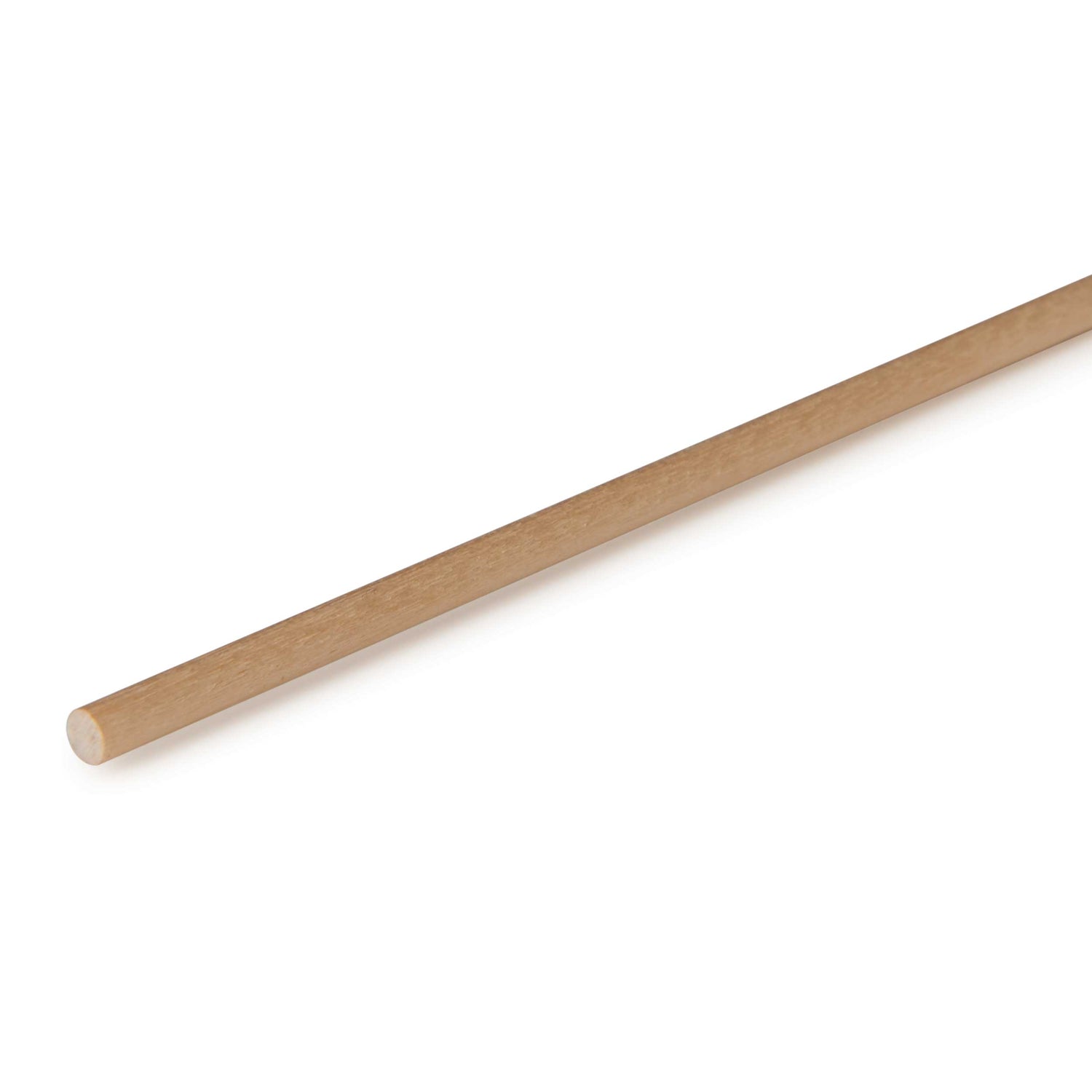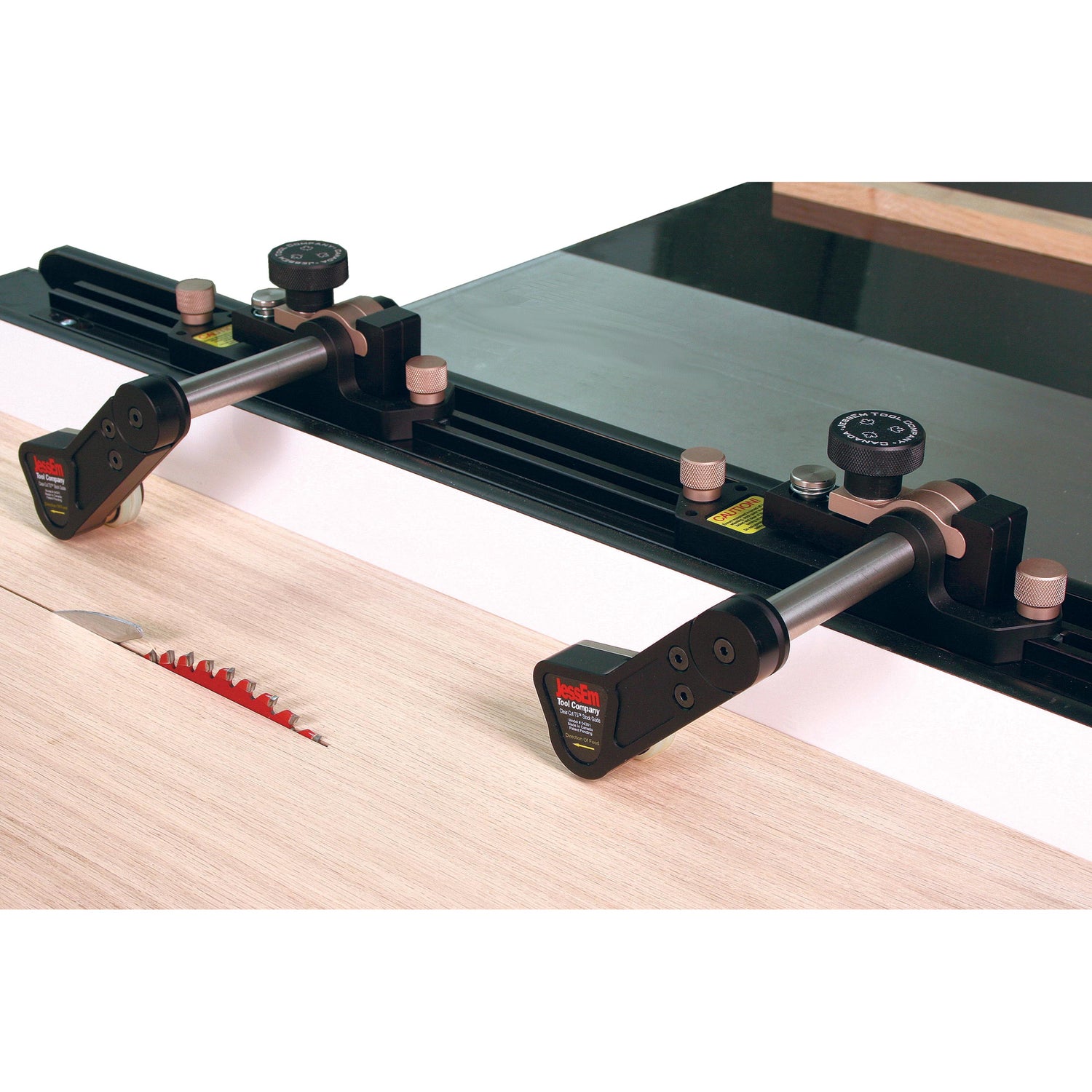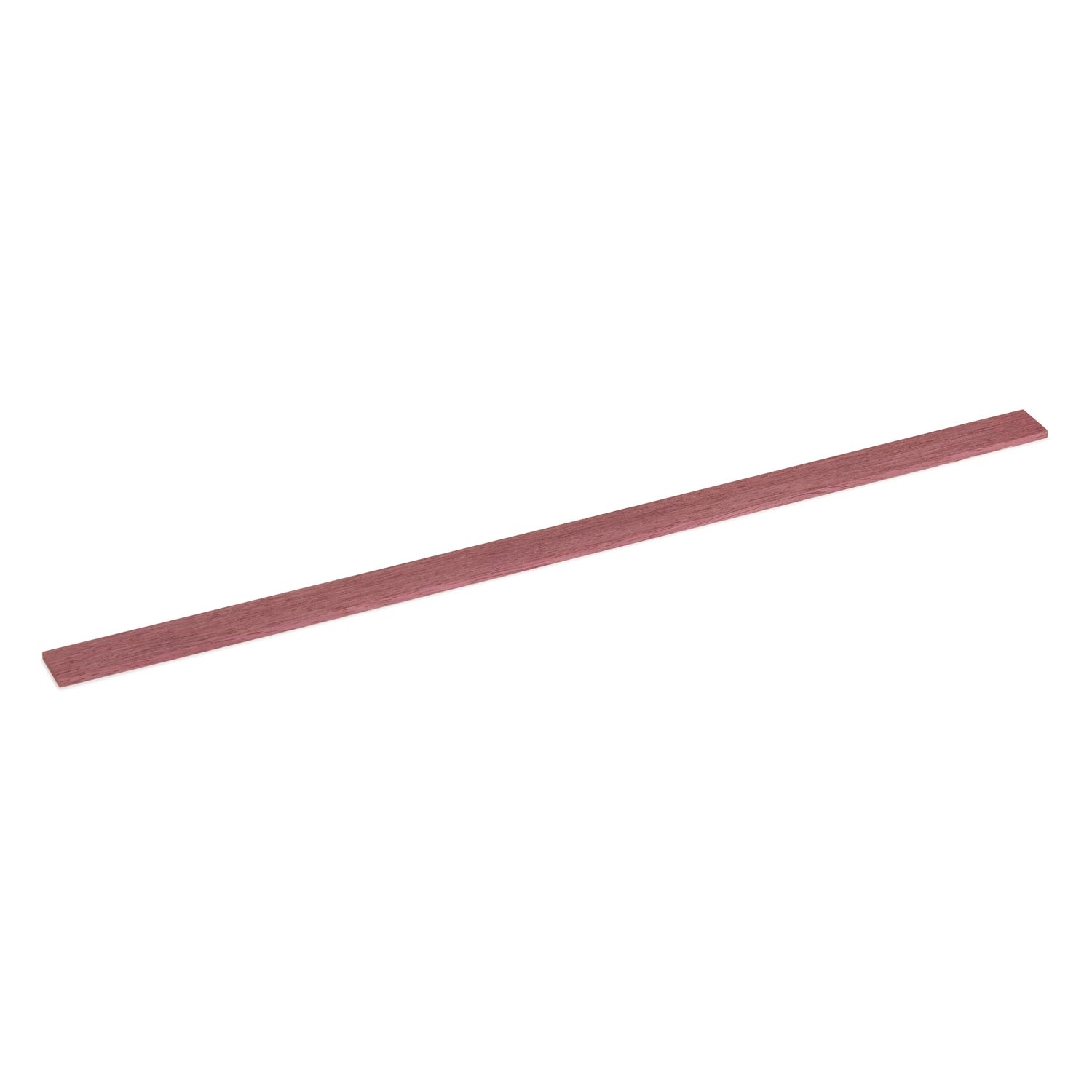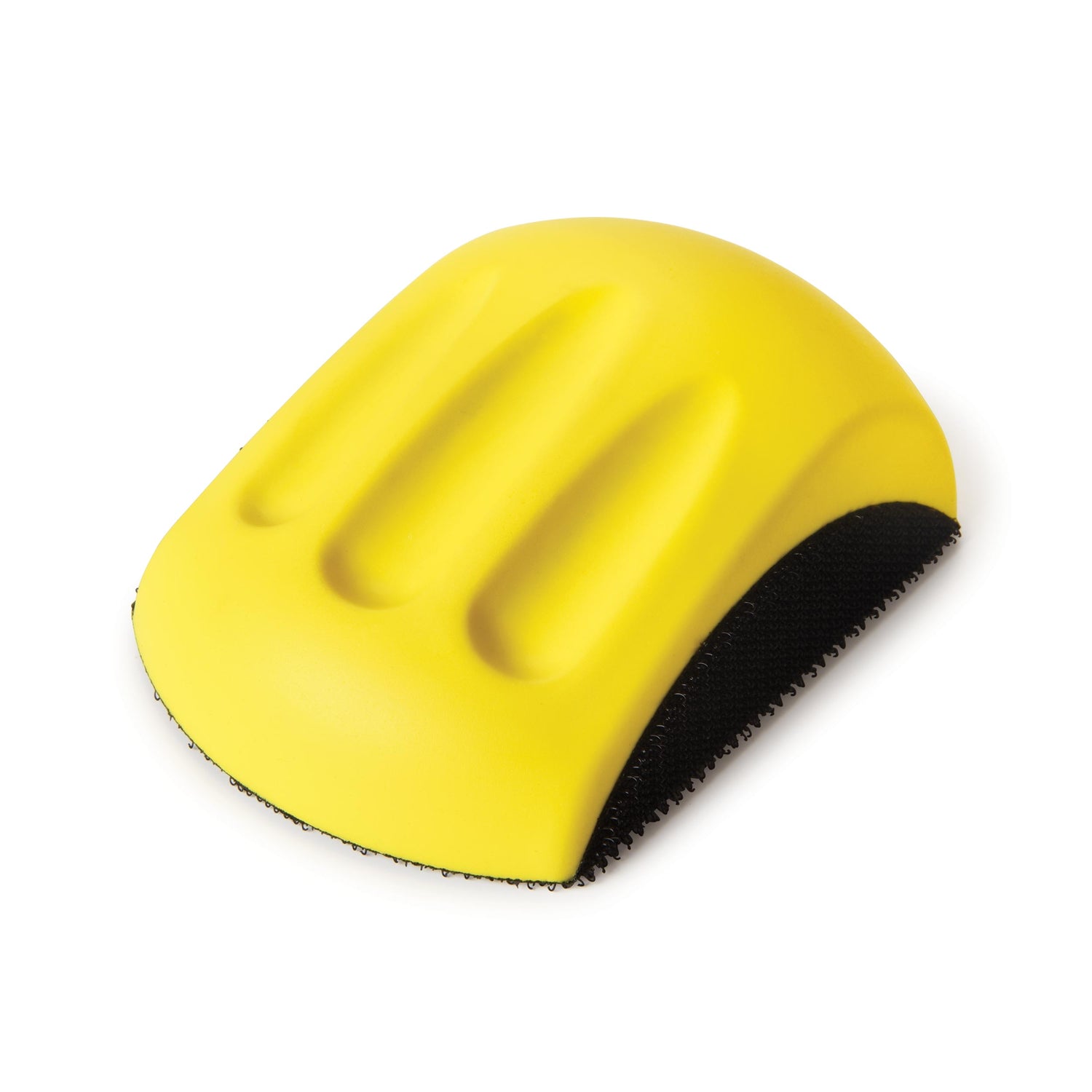
Marc Spagnuolo on starting The Wood Whisperer, mentors, and working with your hands.
Marc Spagnuolo, aka The Wood Whisperer, has been sharing his craft online for over a decade. But that’s not all. Since then, with his family firmly in his corner, he’s created a successful guild, produced audio and video podcasts, sold project plans, and written a book called Hybrid Woodworking to share what he’s learned about combining hand tool and power tool techniques.
I managed to catch Marc during a rare few minutes of downtime. We talked about how The Wood Whisperer got its start, who inspires Marc, and the importance of working with your hands.
—Chad McClung
We’ve only scratched the surface here. Check out onlineEXTRAs below to read our full interview with Marc.
WC: How did The Wood Whisperer get started?
MS: My wife, Nicole, and I originally tried to boost our furnituremaking business. I wasn’t expecting to teach people woodworking and encourage them to join a movement. But we soon realized that our real audience is the woodworker. We thought “maybe we should talk to them directly,” and that’s when The Wood Whisperer was born.
WC: So you decided early on to reach woodworkers online rather than through other channels?
MS: Back then, if you wanted recognition in the woodworking world, you had to be published. Magazines were the gate keepers. If you weren’t published in one of those magazines, it was difficult to break the barrier from nobody to somebody. But social media allowed me to build an audience without asking permission. My content existed on its own merit. If people liked it, they liked it, and if they wanted to follow me on social media, they could. It was the presence of social media and burgeoning technology that allowed me to spread my own message.
WC: These days the Internet is inundated with woodworking education. What do you do to keep relevant?
MS: My goals are to be as high quality as I can be, and to keep the videos clear with good lighting and a good camera. Of course the other side of the quality is the information. I vet the information that I push out to people, so no one can say, “Hey, I tried that, and it didn’t work, you’re full of it!”
WC: Have there been mentors who have helped you along in your woodworking and media journey?
MS: Woodworking for me comes down to the two shows I watched growing up: The New Yankee Workshop and Woodworks. Norm was like an awesome uncle. He had such an amazing television persona that is inviting and makes you feel good. It was inspirational. Norm and David Marks taught me that woodworking is a great way to spend my time. I owe both of them a huge debt for inspiring me to follow this fun and rewarding career path.
WC: What about non-woodworkers?
MS: I’m a big fan of Mike Rowe. He’s an advocate for blue-collar workers everywhere who make a living with their hands. Not everyone is college-bound. In the U.S. we’ve been brainwashed to think that for success, you must go to college. There are so many good blue collar jobs out there for people who want to work with their hands in a trade and make a living and provide for a family. That should not be put down or be seen as lesser than white collar work. That’s an incredible message.
WC: What advice would you give to a beginning woodworker?
MS: Focus on hand tools early. This isn’t about tradition; it’s about technique. Using a hand plane will teach you the importance of reading grain direction, and keeping cutting edges sharp. You’ll get better results from power tools if you have hand tool fundamentals in place.



